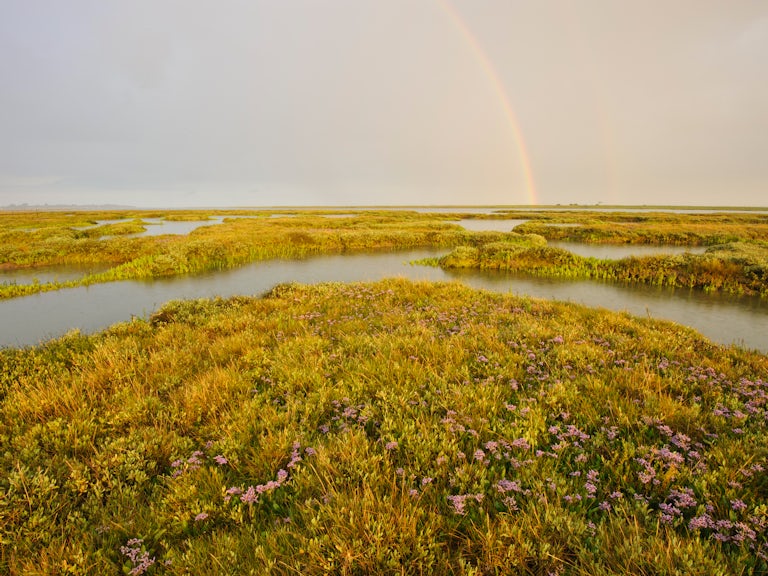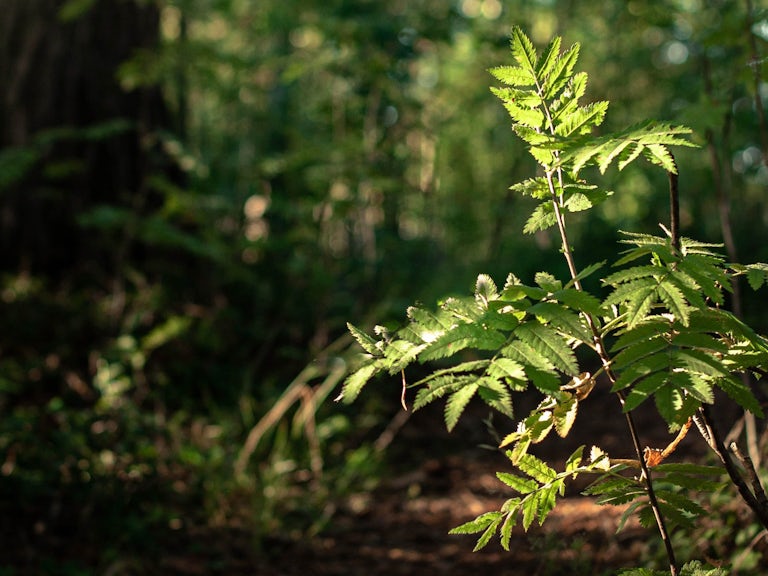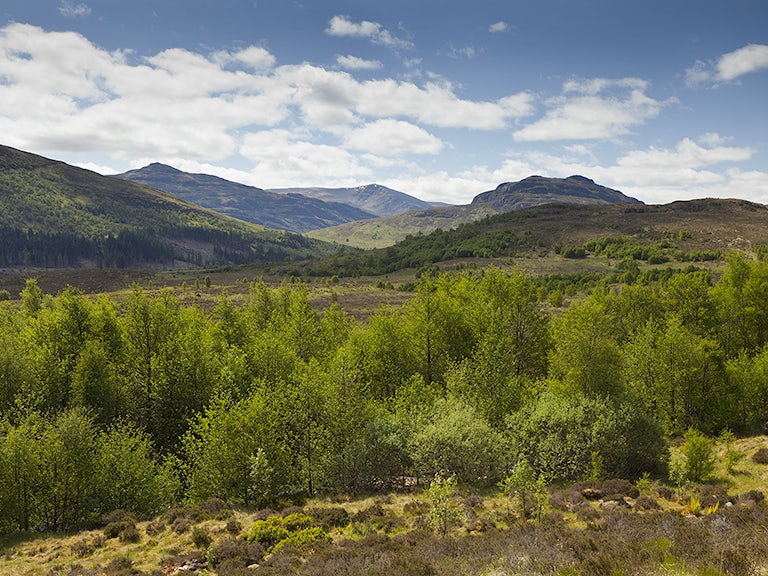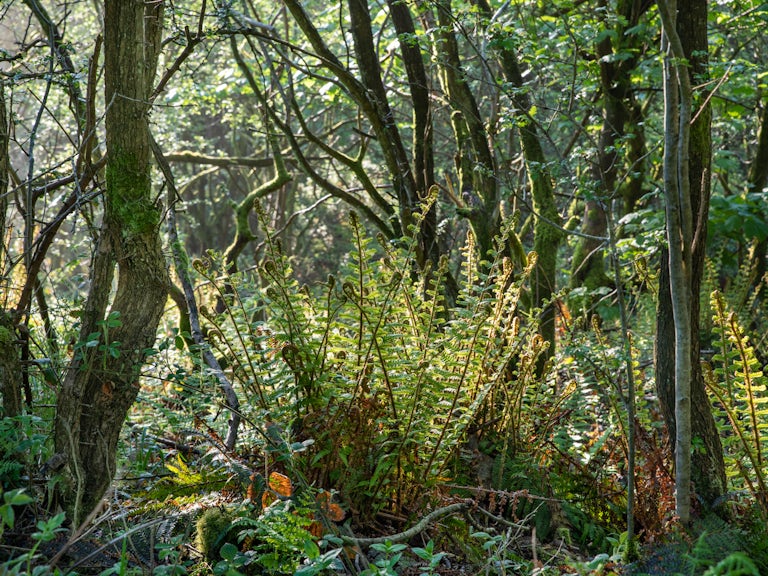Our response: Government’s announcement on ELM
Scheme is a win for farmers, nature and climate, but more detail on funding for rewilding is needed.
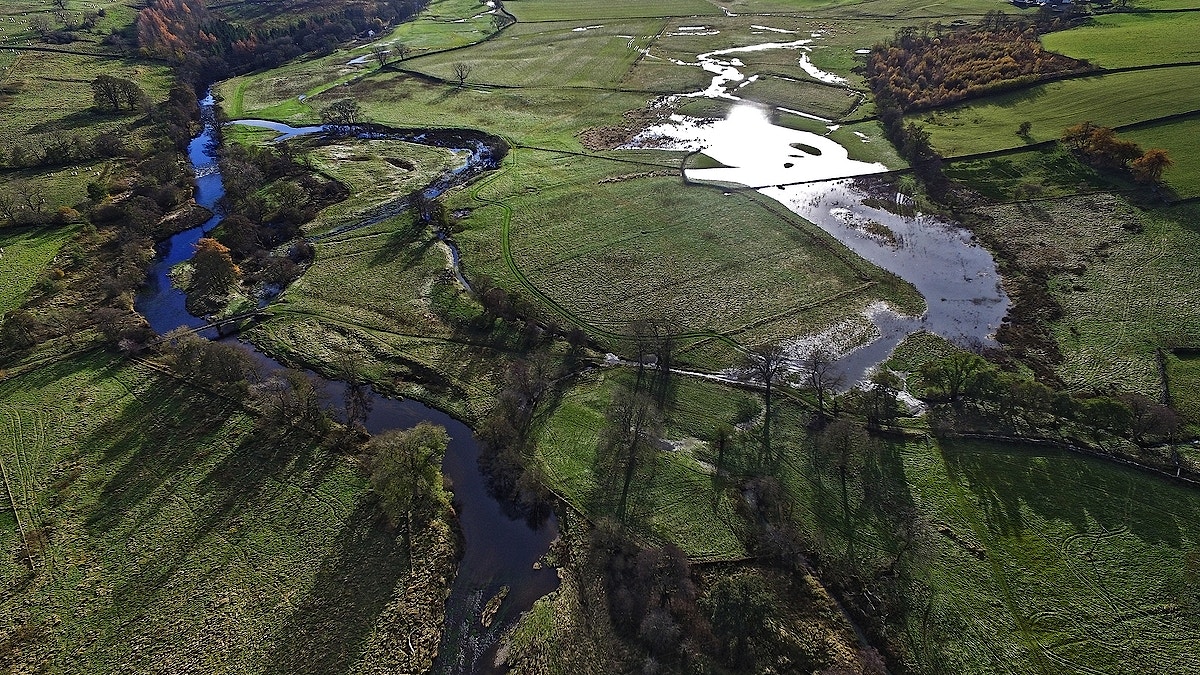
A win for farmers and rewilding as English farming scheme saved
Today’s announcement by the UK Government that its Environmental Land Management (ELM) scheme will continue as planned is a win for farmers and rewilding – but detail around funding for large-scale nature recovery is urgently needed, said Rewilding Britain.
Under the post-Brexit farmer subsidy scheme for England, farmers and landowners will be paid public money for positive actions including rewilding and working towards net zero.
Although widely welcomed as a world-class initiative on its launch last year, ELM was put on hold with an unplanned review announced by the Truss administration – raising fears for the scheme’s future and sparking uncertainty for farmers and landowners.
Britain is one of the worst countries in the world for nature. Rewilding Britain has been working for five years to ensure ELM includes funding for large-scale rewilding – key to delivery of the UK Government’s 25-Year Environment Plan, and for protecting 30% of nature by 2030.
Alastair Driver, Director, Rewilding Britain said:
“Proceeding with ELM as intended is a win for farmers, nature and climate. Millions of people – including the many farmers and landowners who want meaningful action on the nature and climate crises – will be breathing a sigh of relief,” said Professor Alastair Driver, Director of Rewilding Britain.
“Fortunately the Government has listened to the huge numbers of people who know that producing food and restoring nature go hand-in-hand, and that rewilding offers nature-based economic opportunities. If ministers now get the funding right, and give it concerted political support, ELM can be the most important environmental policy for England in a generation.
“If ministers now get the funding right, and give it concerted political support, ELM can be the most important environmental policy for England in a generation.”
A second round of ELM’s Landscape Recovery strand – which supports ambitious large-scale nature recovery, including for habitats such as woodlands, peatlands and wetlands – is planned for the spring.
The other two strands of ELM are a Sustainable Farming Incentive which pays farmers for using sustainable methods, and Local Nature Recovery, which pays farmers for projects such as planting trees, creating wetlands, meadows and hedgerows, or restoring peatland.
Focusing on nature and climate as the primary productivity of the land will also provide a vital long-term role for land managers in these areas, while supporting a just rural transition that will bring lasting benefits to local livelihoods and communities.
Alastair continues:
“All three strands of ELM are essential and complementary – but the Landscape Recovery component is absolutely critical, and must be well-funded. It is this landscape-scale restoration component, particularly in the uplands, which will deliver the step-change needed to reverse declines in biodiversity and mitigate the impacts of climate change.”
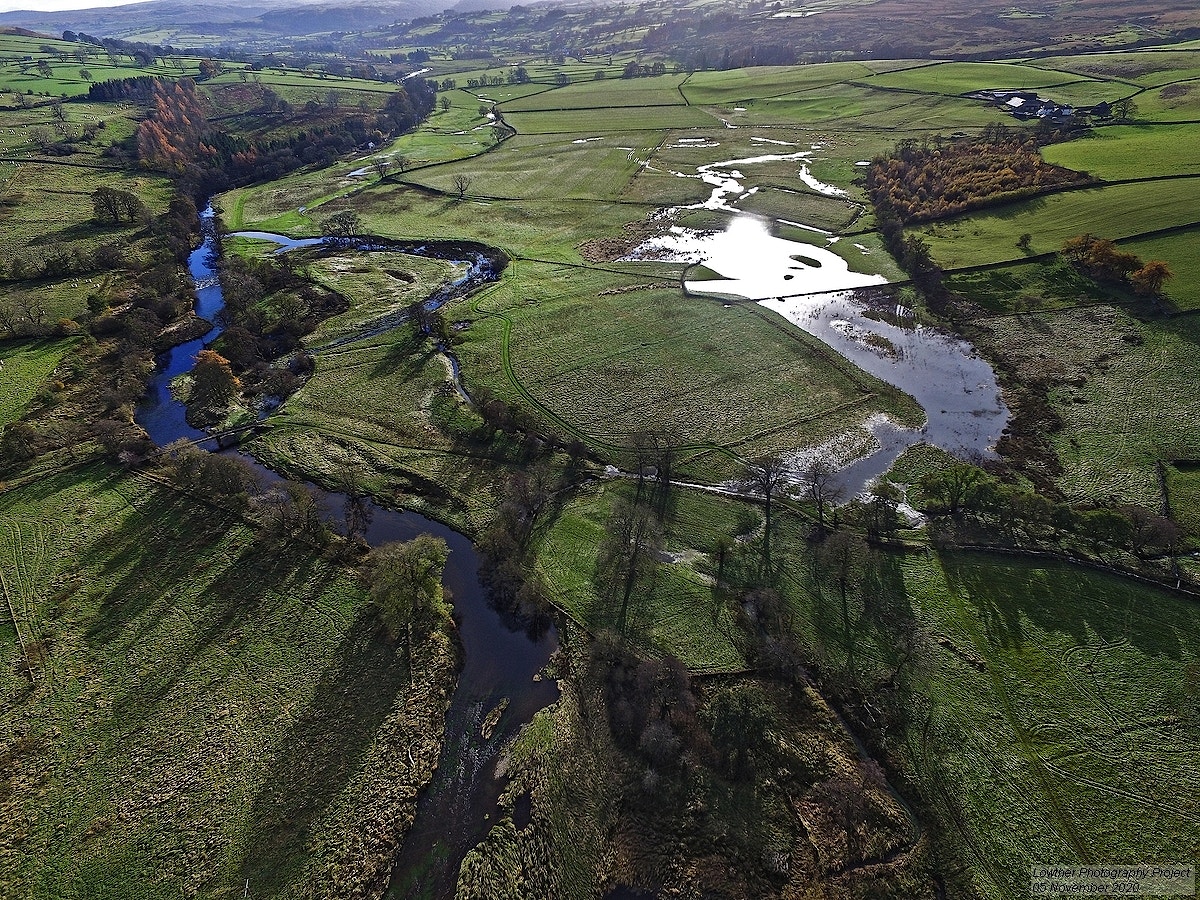
Defra first announced ELM’s three strands in 2021, to help farmers transition from the EU’s Basic Payment Scheme, due to be fully phased out by 2028. The EU system mostly paid land managers for the amount of land farmed, but ELM will replace this with public money for public goods such as nature restoration, carbon capture, clean air and water, and access to nature.
In September 2022, the Government announced 22 large-scale Landscape Recovery Scheme pilot projects, including several members of Rewilding Britain’s expanding Rewilding Network.
